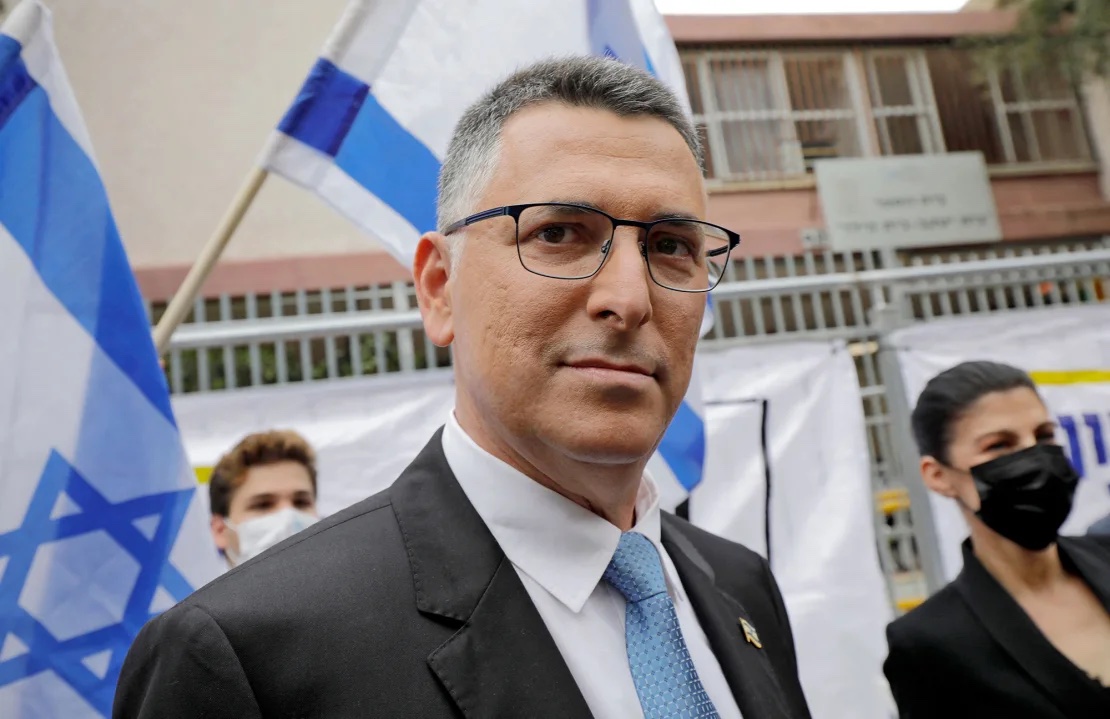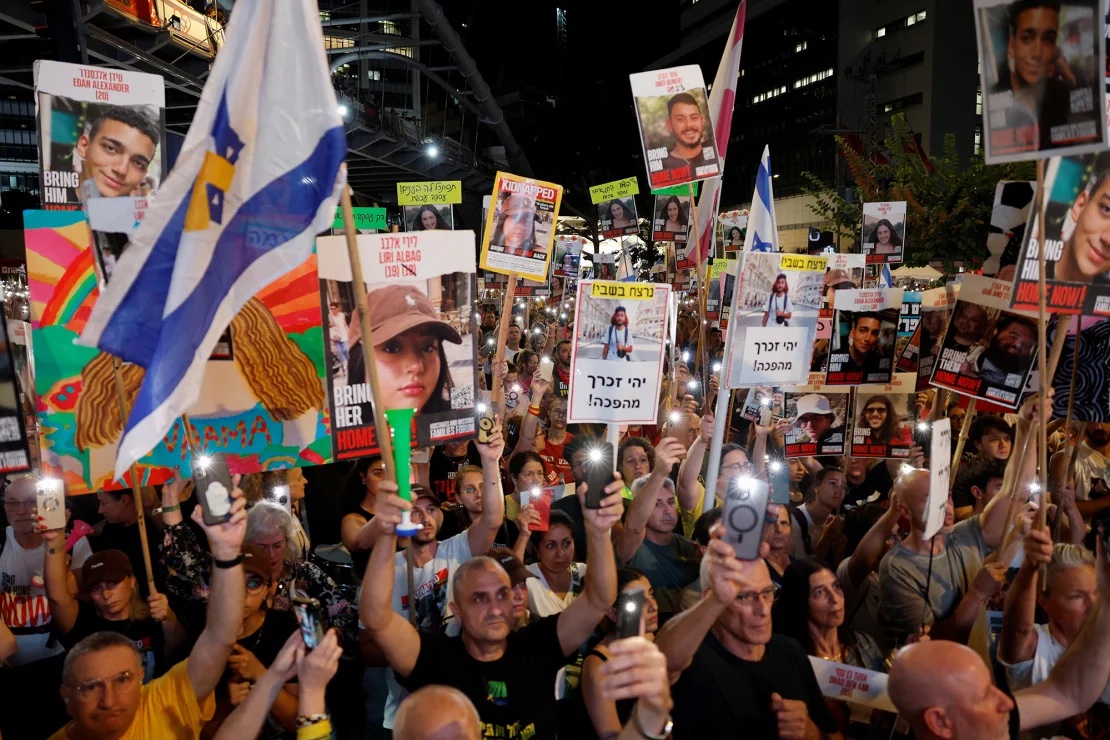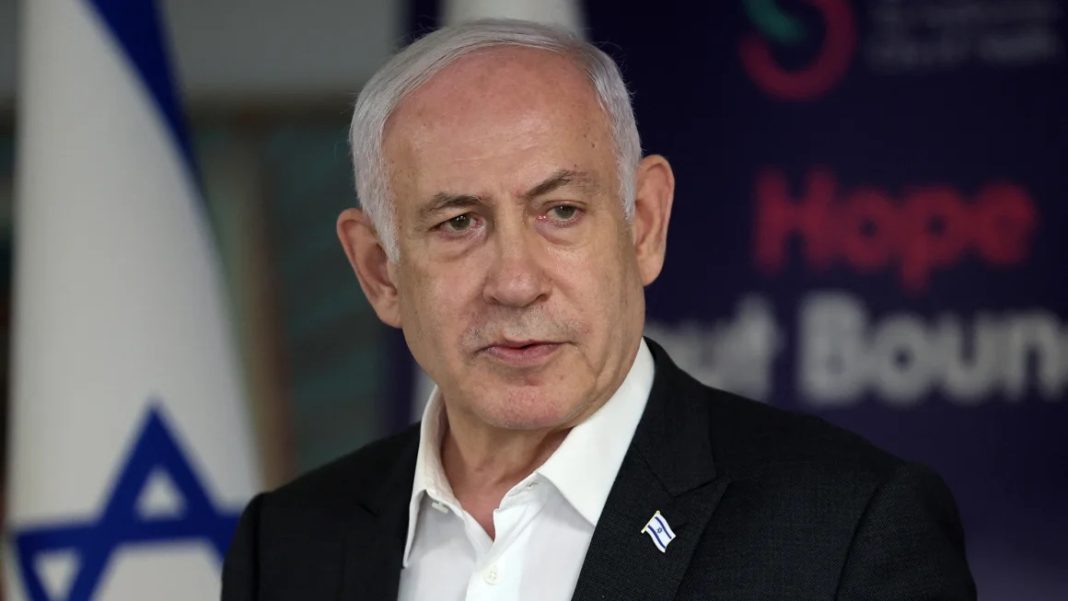TEL AVIV, Israel — Nearly a year after Hamas’ unprecedented attack on Israel, Prime Minister Benjamin Netanyahu’s political standing has undergone a dramatic reversal.
On October 7, 2023, Hamas launched the deadliest assault on the Jewish population since the Holocaust, shattering Netanyahu’s image as the self-styled “Mister Security.”
His government appeared vulnerable, and early polls suggested his Likud party’s hold on power was in jeopardy.
Yet, a year later, Netanyahu has managed to engineer a political comeback, in large part through a relentless military campaign targeting Hezbollah in Lebanon, and assassinations of high-profile figures across the Middle East.
A recent poll from Israel’s Channel 12 indicated that if elections were held today, Likud would win 25 seats, up from the 17 predicted in the immediate aftermath of the attack, making it once again the largest party in the Knesset.
“The regional confrontations are good for Netanyahu,” veteran pollster Dahlia Scheindlin told CNN. “They seem quite clearly to be the contributing factor to his recovery.”
The boost in Netanyahu’s popularity comes after a series of targeted airstrikes in Lebanon, Syria, and even Tehran, that have resulted in the deaths of senior Hezbollah, Hamas, and Iranian military leaders.
The most high-profile of these was the assassination of Hezbollah’s elusive leader, Hassan Nasrallah, in a September airstrike on southern Beirut, which triggered widespread upheaval in Lebanon.
While the war in Gaza remains deeply complex, with more than 100 hostages still held by Hamas, Israel’s military actions in Lebanon have been far more straightforward, winning broader domestic approval.
“There’s no ambiguity around this question of occupation,” Scheindlin added, explaining that Israel’s military strikes have been seen as decisive acts of national defense.
The military escalation against Hezbollah in Lebanon, which began shortly after Hamas’ attack in October 2023, has displaced nearly a million Lebanese civilians, according to aid organizations.
Israel’s aggressive campaign has also killed over 1,000 people, including Hezbollah’s top leadership, leaving the militant group severely weakened.
Netanyahu, who had faced widespread criticism for his handling of the initial attack by Hamas, is now reasserting his control over Israel’s political landscape.

On Sunday, he brought Gideon Sa’ar, a former political rival, into his cabinet as a minister without portfolio, a largely symbolic move aimed at consolidating political support.
Sa’ar’s appointment is seen as a way to give Netanyahu leverage over the far-right elements of his coalition, particularly National Security Minister Itamar Ben-Gvir, who has been a controversial figure within the government.
Netanyahu’s growing political strength has also led to friction within his coalition. For weeks, he had planned to replace Defense Minister Yoav Gallant with Sa’ar, a move that was ultimately shelved due to mounting military pressure in Lebanon.
As tensions continue to escalate, many analysts speculate that Netanyahu’s military strategy is as much about securing his political future as it is about protecting Israel from external threats.
Nadav Shtrauchler, a political strategist who has worked closely with Netanyahu, told CNN that Sa’ar’s appointment is key to managing the ultra-Orthodox parties that could bring down the government if their demands for military exemptions are not met.
“The cohesion of the ranks is a necessary condition for us to stand firm in these testing days,” Netanyahu said on Sunday, addressing the nation alongside Sa’ar.
“When I ordered the assassination of Hassan Nasrallah, we all knew that an entire nation was behind this decision.”
Despite this show of strength, many Israelis remain deeply troubled by the ongoing hostage crisis in Gaza and the toll that the war is taking on the nation’s psyche.
While there was a wave of euphoria following Nasrallah’s death, the underlying mood in Israel remains somber.

“There’s no real joy in Israel now,” Scheindlin said. “Even a sense of satisfaction for the moment or even a momentary euphoria – nothing’s going to take away the reality that this is a very somber time, especially because of the hostages.”
Netanyahu’s primary rival, Benny Gantz, has offered his backing for the military escalation, emphasizing national unity in the face of continued threats.
“I would like to congratulate the political echelon, led by the prime minister and the minister of defense, who made the decision on the action in Lebanon,” Gantz said on Sunday. “Better late than never.”
For now, Netanyahu appears to have regained his footing, but the situation remains fluid. As Israel’s wars in Gaza and Lebanon drag on, and with no clear resolution to the hostage crisis in sight, the prime minister’s political future is still fraught with uncertainty.







